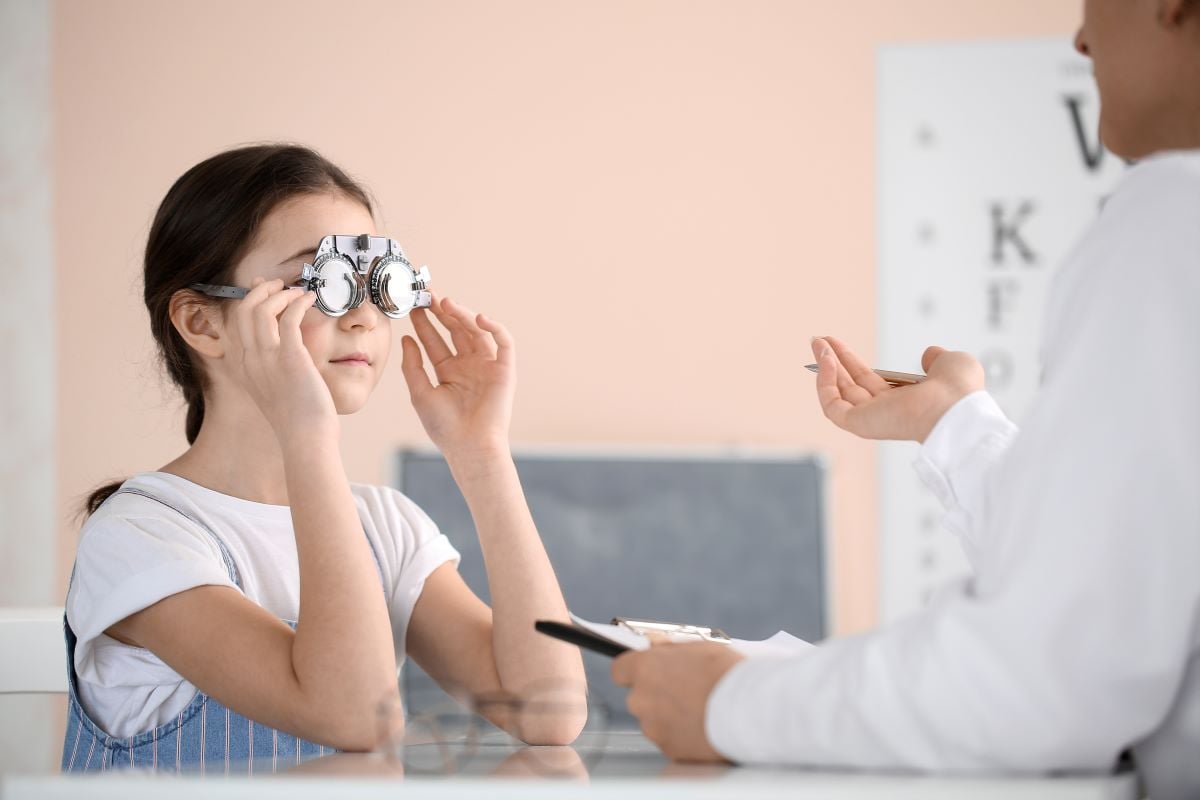Isotemporal substitution of patterns with ≥15 minutes, 2,000 lux for other outdoor exposure patterns linked to less myopic shift
By Elana Gotkine HealthDay Reporter
WEDNESDAY, Aug. 14, 2024 (HealthDay News) — Continuous outdoor exposure of at least 15 minutes accompanied with no less than 2,000 lux sunlight intensity is associated with less myopic shift among children, according to a study published online Aug. 13 in JAMA Network Open.
Jun Chen, Ph.D., from the Shanghai Eye Diseases Prevention and Treatment Center, and colleagues conducted a one-year prospective cohort study to examine the association of outdoor exposure patterns with myopic shift in children. Children without myopia who consistently wore a smartwatch for at least six hours daily, sustained for at least 90 days, were included in the study.
Data were included for 2,976 students (mean age, 7.2 years). The researchers found that the major outdoor exposure patterns of the 12 exposure patterns were those with time outdoors of at least 15 minutes, which accounted for 74.9 percent of minutes. Less myopic shift in refraction was seen for patterns with at least 15 minutes of outdoor exposure accompanied by a sunlight intensity of no less than 2,000 lux. Positive associations with less myopic shift were seen for isotemporal substitution of patterns with at least 15 minutes and 2,000 lux for other outdoor exposure patterns.
“These findings suggest that future outdoor intervention programs should focus not only on daily time outdoors but also the outdoor exposure patterns to prevent myopia,” the authors write.
Copyright © 2024 HealthDay. All rights reserved.








